Whether you are looking at a small bathroom remodel or a complete home remodel, it is crucial to create a budget that is as reflective of the project you’re about to embark on as possible. If that sounds like a daunting task, don’t worry — you’re not alone. Most homeowners don’t know how to go about making a home renovation budget or where to start. Naturally, there’s so much to consider and many questions you may not have the answers to.
We have a few tips that will help you determine your priorities, establish your budget and stick to it.
When thinking about how to budget a home renovation, it helps to know why you are remodeling. Are there problems in dire need of fixing such as leaking, a lack of space, or foundation damage that you can’t put off any longer? Or, do you want to make aesthetic upgrades mainly to increase the value of your home for a future date when you might sell it? It will be helpful to keep this differentiation in mind because beautification changes are often more malleable in the face of a not-so-flexible budget, while urgent necessities are not.
Make a List
Distinguishing priority from preference is one of the most important steps in building a budget that’s your friend instead of bane. Therefore, the first step is to make a list of everything you want to add on, remove, and change. Next, divide that list into ‘must haves’ and ‘nice to have’.
Must Haves
It may be that the reason you’ve embarked on a remodel is a kitchen expansion and it is a ‘must have’ in your list of changes. Or perhaps, your main project is a bedroom addition for a family member you’re expecting in 9 months. In the case of the latter, a kitchen remodel may not fall under the ‘must have’ category. Another way to understand which changes fall into the priority category, start by selecting those that pertain to safety improvements, such as roofing, gutters, siding, or security upgrades.

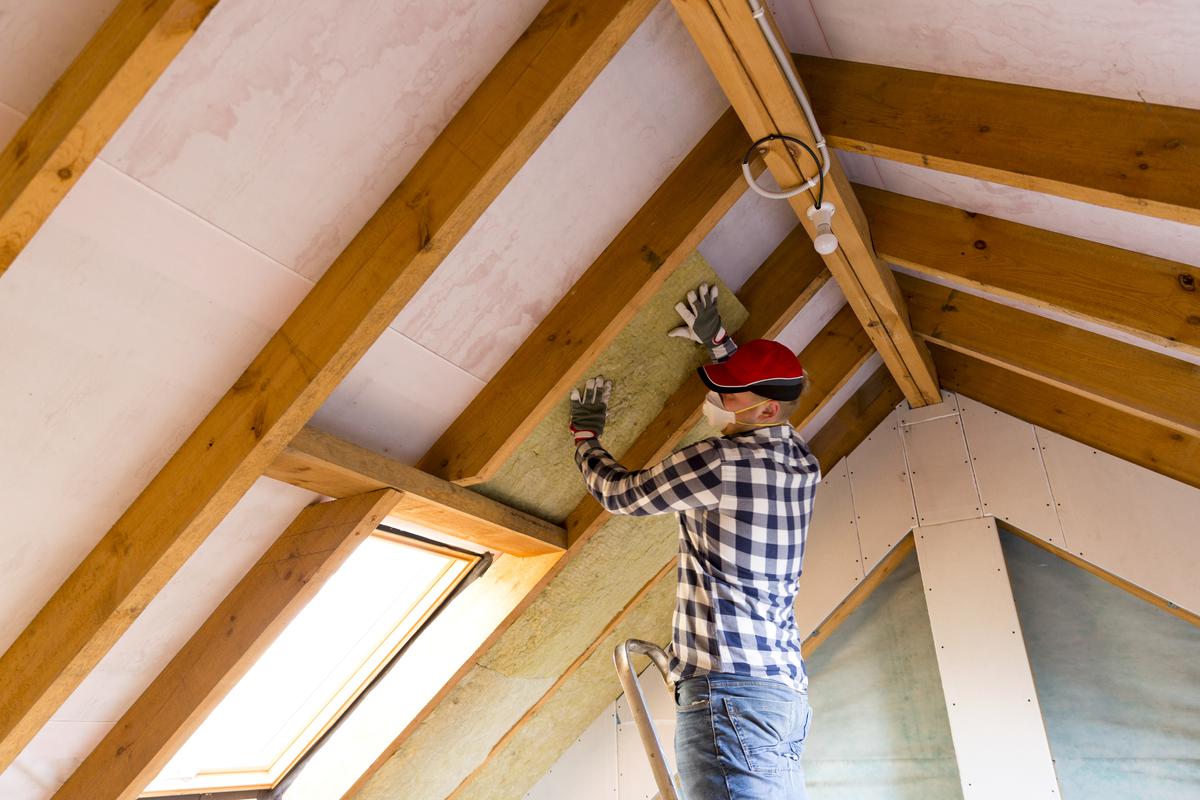
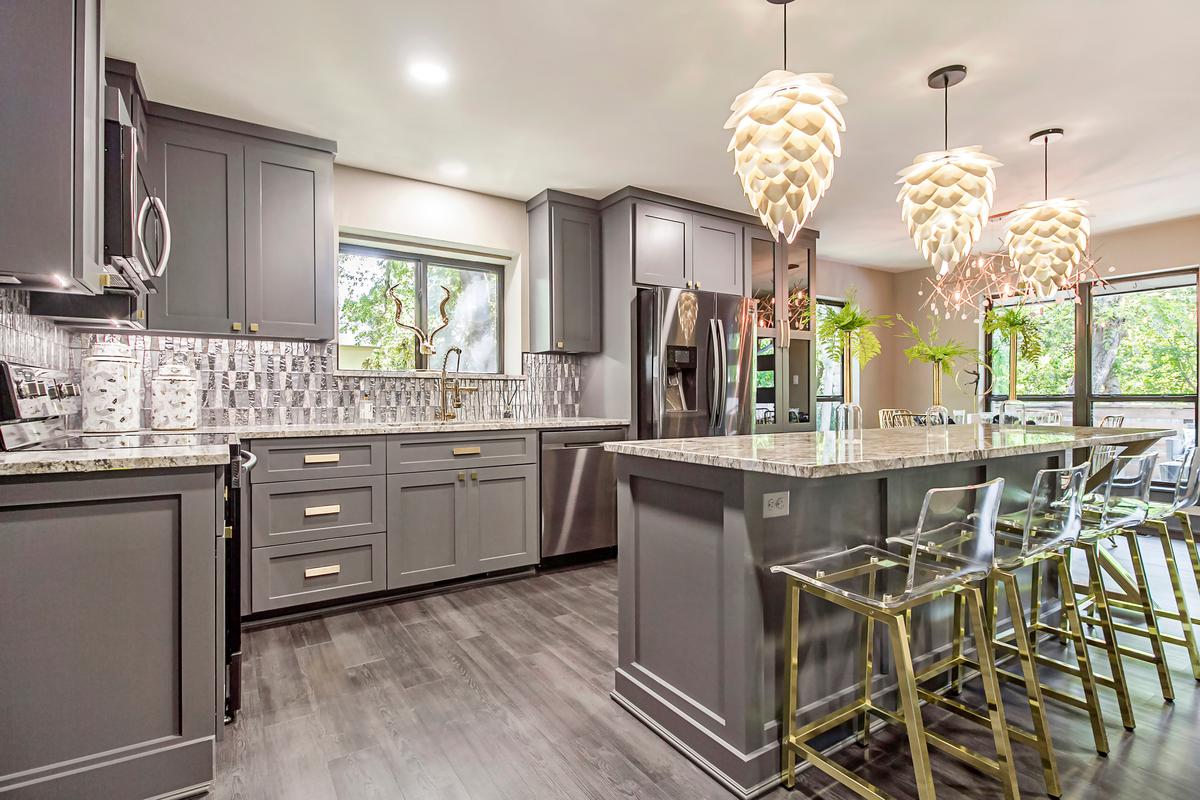
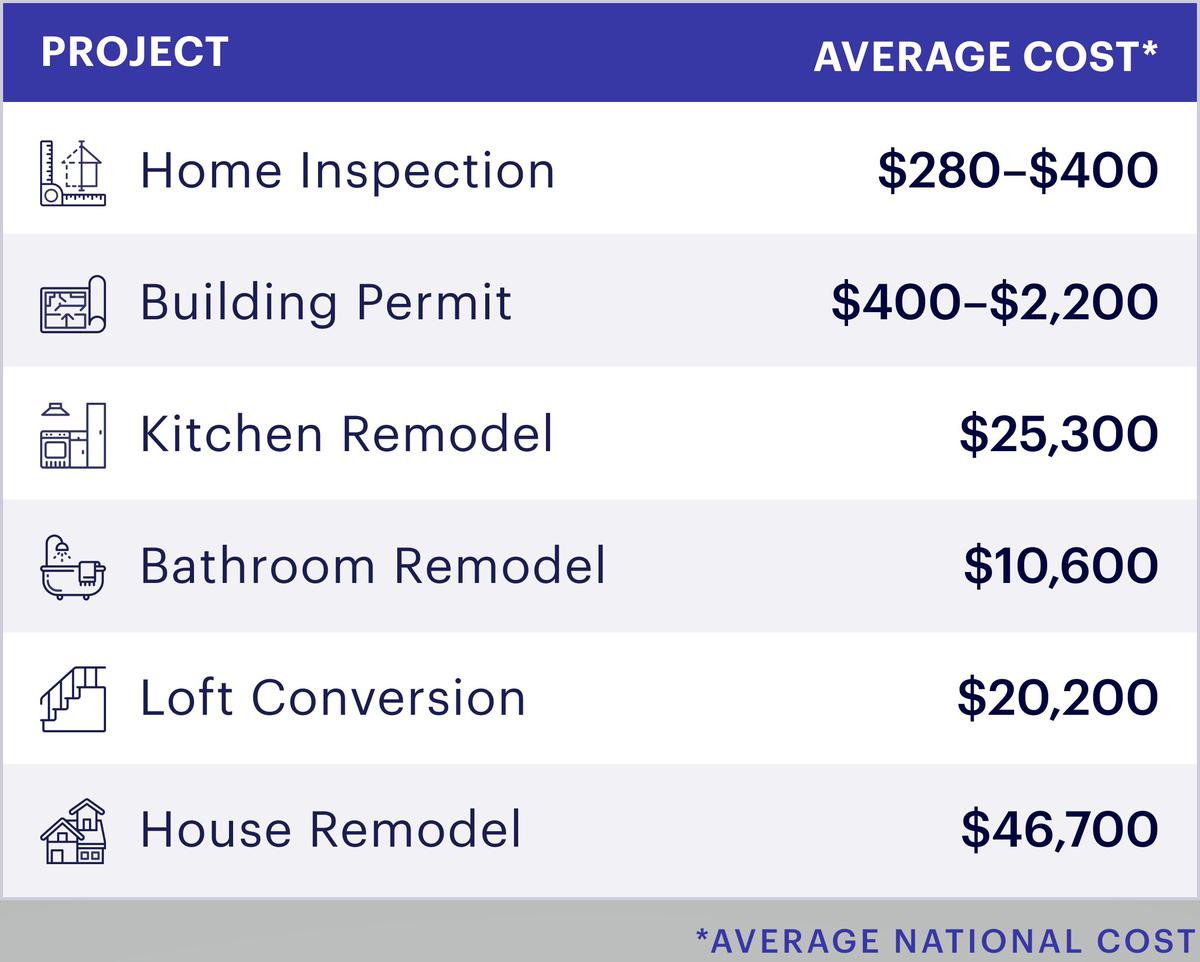
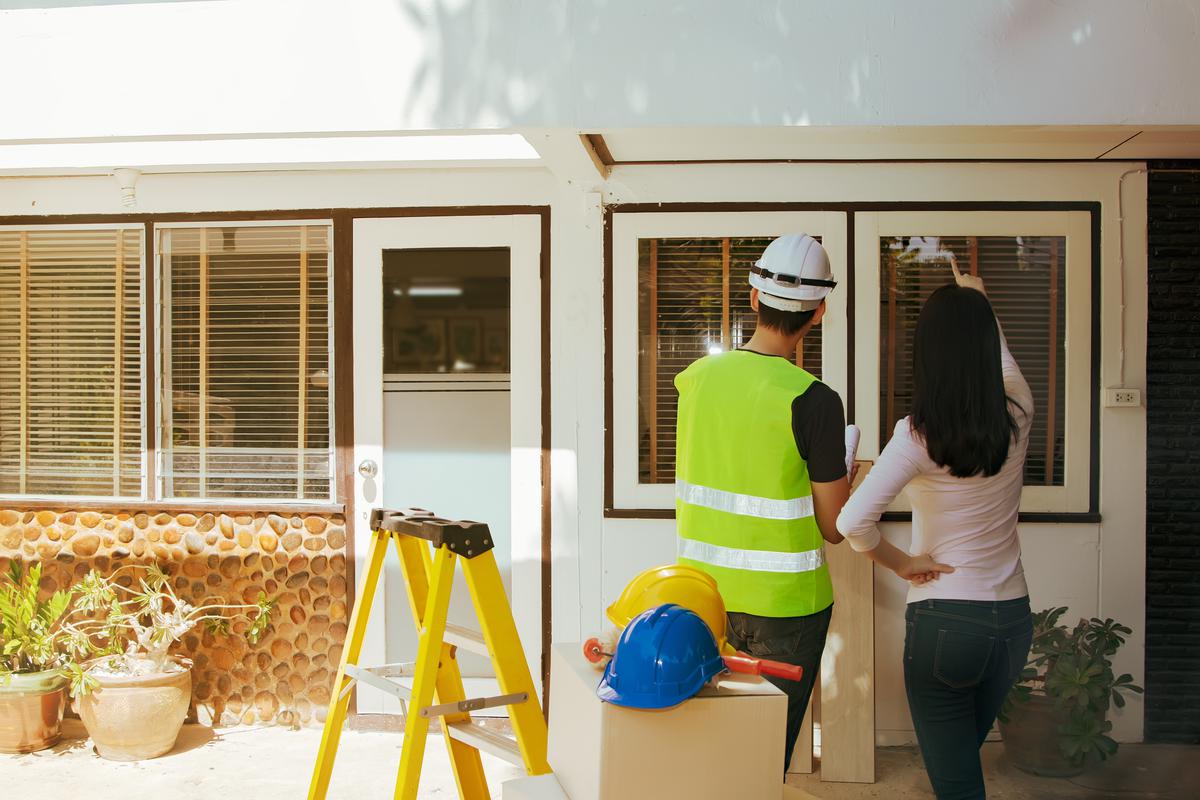

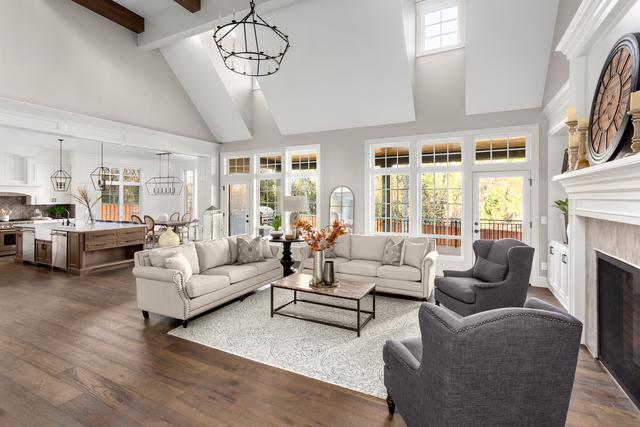
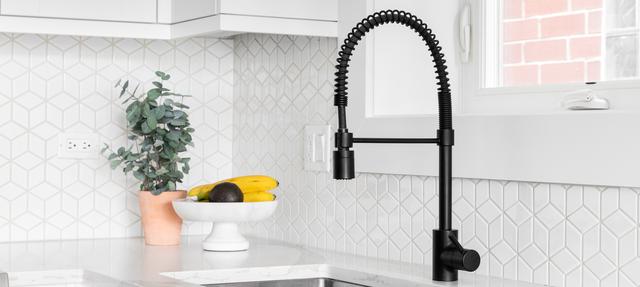
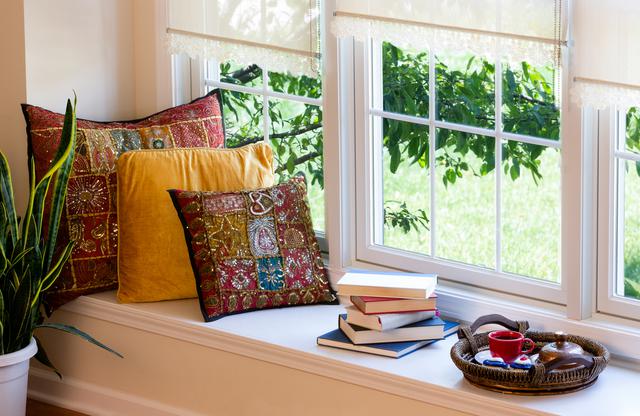
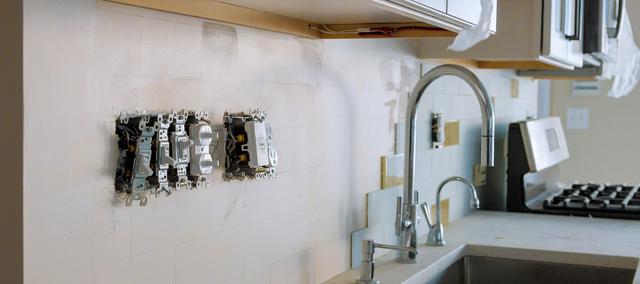
comments